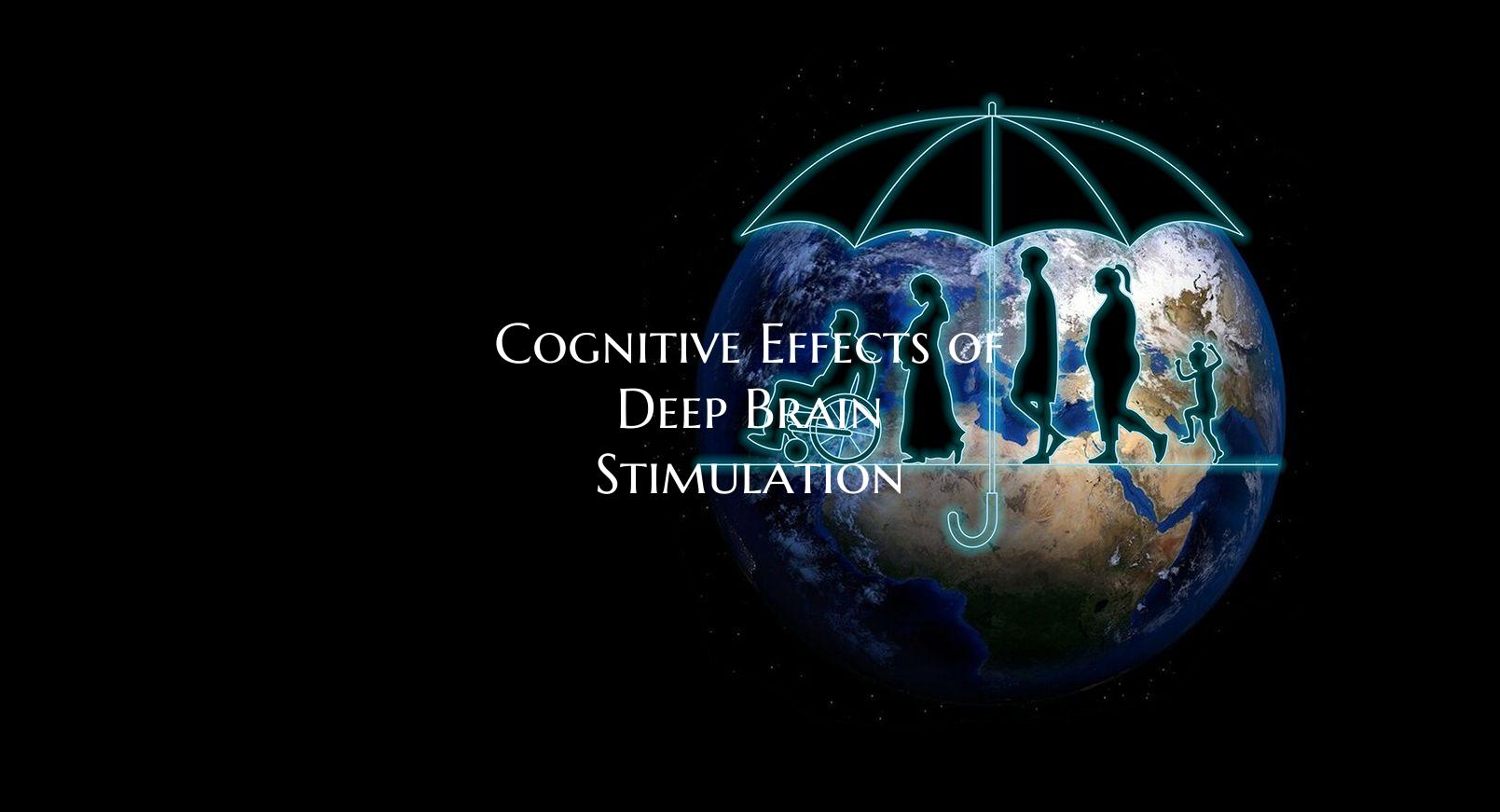
Cognitive Effects of Deep Brain Stimulation
Deep Brain Stimulation (DBS) has emerged as a revolutionary treatment for various neurological and psychiatric disorders, such as Parkinson's disease, essential tremor, and obsessive-compulsive disorder. While DBS is primarily known for its effectiveness in managing motor symptoms, recent research has delved into its cognitive effects and implications.
One key aspect of the cognitive effects of DBS is the impact on executive functions. Executive functions encompass a set of cognitive processes that enable individuals to plan, organize, problem-solve, and regulate behavior. Studies have shown that DBS can influence executive functions both positively and negatively. For example, in Parkinson's disease patients, DBS targeting the subthalamic nucleus has been associated with improvements in cognitive flexibility and decision-making. However, there have also been reports of disruptions in working memory and impulse control in some individuals undergoing DBS treatment.
Moreover, the relationship between DBS and memory functions is a topic of ongoing investigation. Memory processes are complex and involve various brain regions that may be affected by DBS. Research findings have been mixed, with some studies suggesting that memory performance remains stable after DBS, while others indicate potential changes in specific memory domains. Understanding the nuanced impact of DBS on memory is crucial for optimizing patient outcomes and mitigating potential cognitive side effects.
Another critical consideration in the assessment of cognitive effects of DBS is the anatomical target of stimulation. Different brain regions are targeted based on the underlying neurological condition, and the specific cognitive effects may vary accordingly. Tailoring DBS parameters to minimize cognitive risks while maximizing therapeutic benefits poses a significant challenge for clinicians and researchers.
In addition to its direct effects on cognitive functions, DBS can also modulate emotional processing and mood regulation. Patients undergoing DBS treatment for conditions like depression or obsessive-compulsive disorder may experience changes in affective states and emotional reactivity. Understanding the interplay between cognitive functioning and emotional regulation in the context of DBS is essential for comprehensive patient care and outcome optimization.
In conclusion, the cognitive effects of Deep Brain Stimulation represent a multifaceted area of research with significant clinical implications. While DBS has provided remarkable therapeutic benefits for numerous neurological and psychiatric conditions, its impact on cognitive functions remains a crucial consideration in treatment planning and monitoring. Further research is needed to elucidate the complex mechanisms underlying the cognitive effects of DBS and enhance our understanding of how to harness its potential while minimizing cognitive risks for patients.